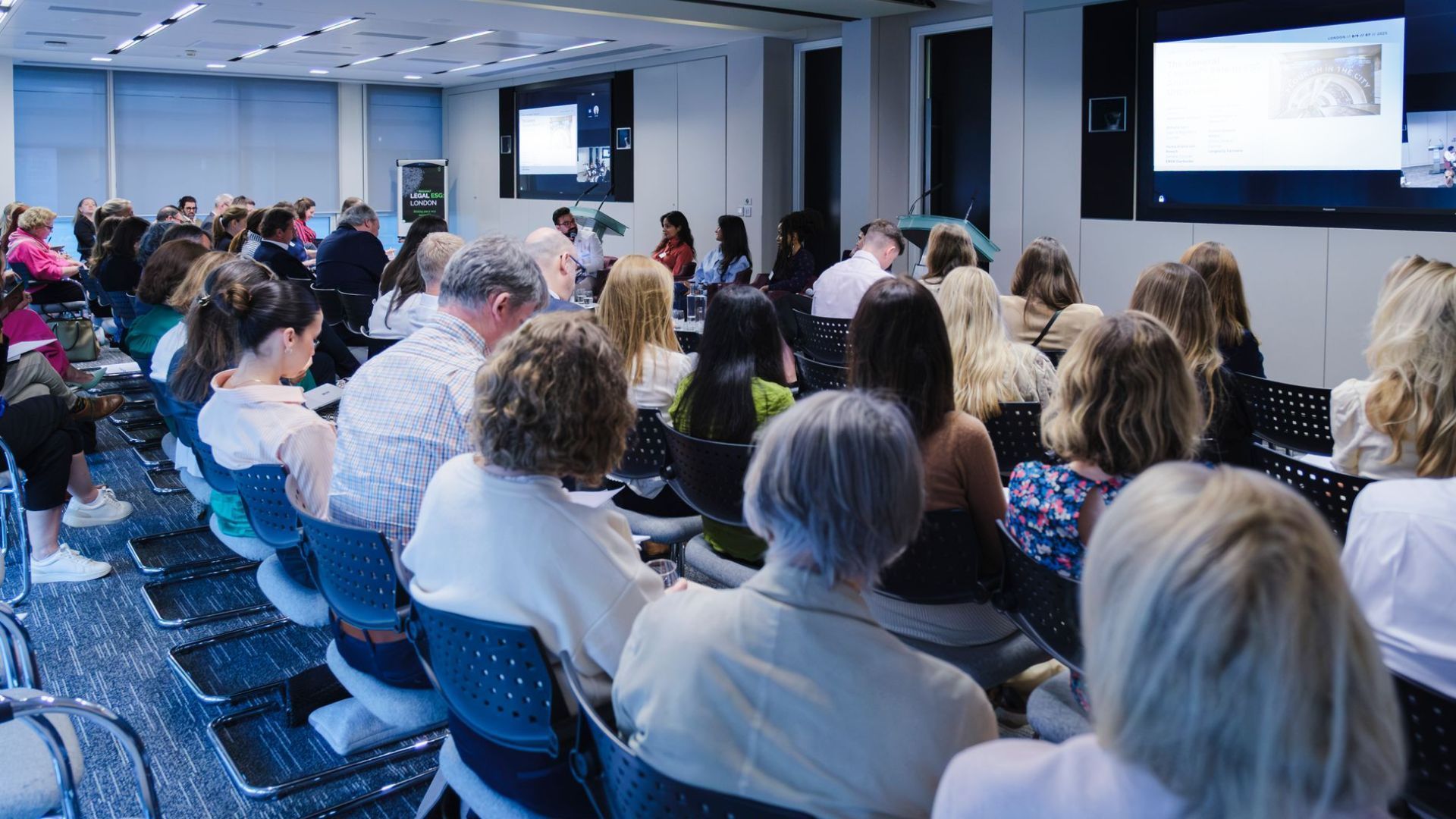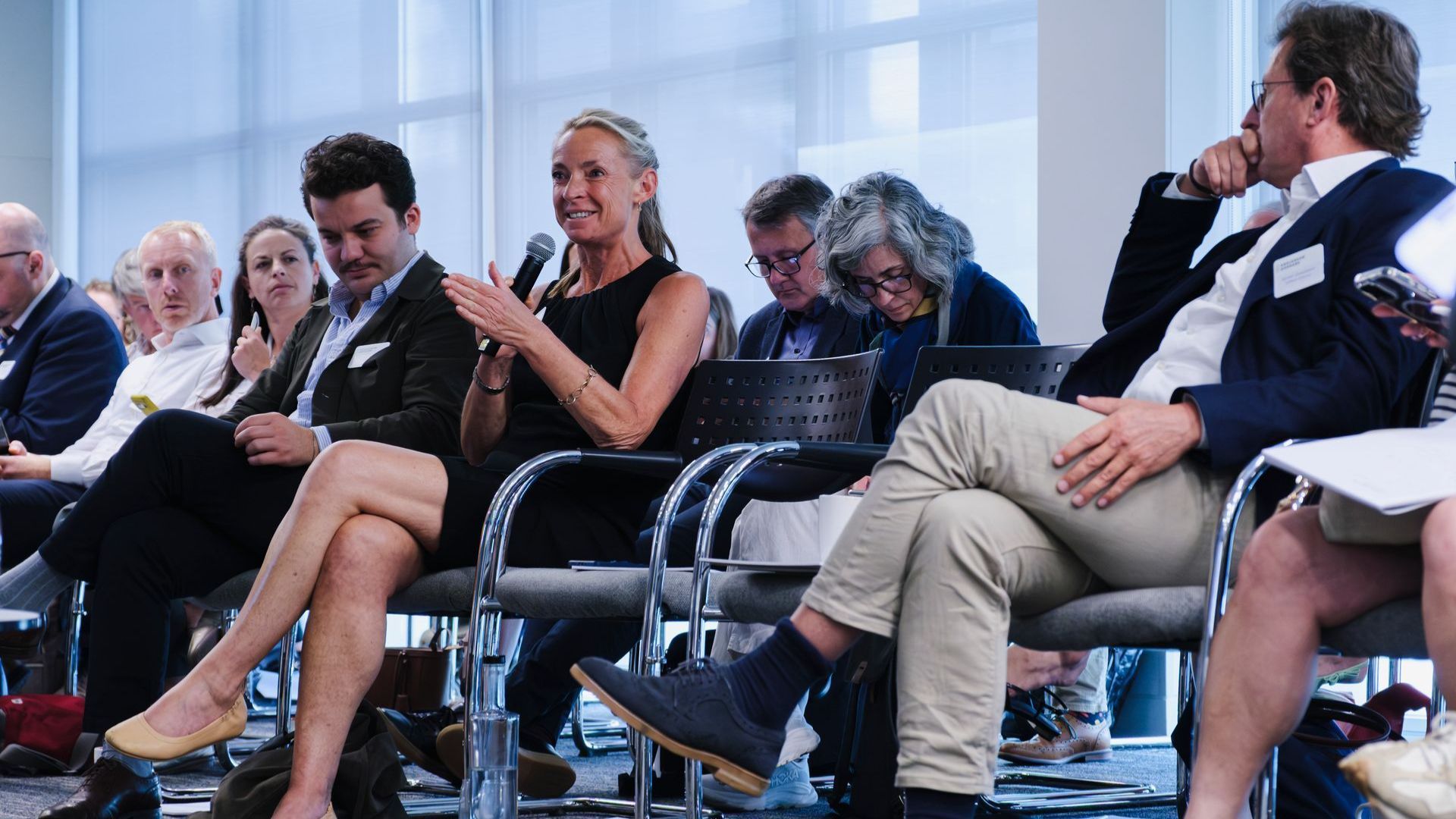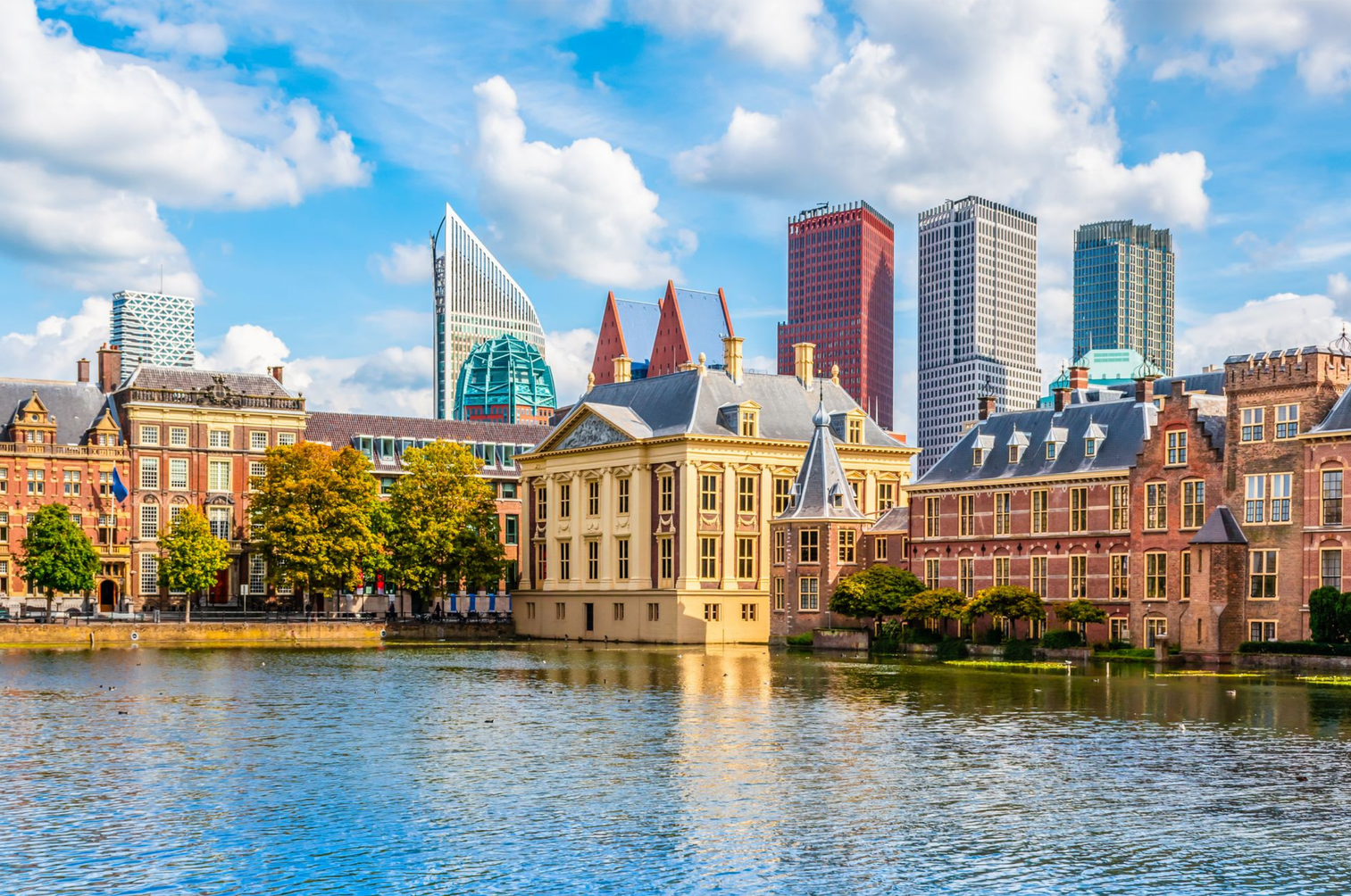The Promise of a Positive Legacy
This report was originally published
here
Twenty-two cities across North America are competing to serve as hosts for the 2026 World Cup. For the first time, FIFA is considering human rights plans as part of the host city selection criteria. Each city has published its plan, which will drive a positive human rights legacy and mitigate any negative human rights impacts of hosting this major sporting event.
The report examines the human rights themes that FIFA outlined, takes a closer look at each city plan, and collects highlights from the plans for accessibility to stakeholders. The report draws attention to the legacy opportunities that the cities envision pursuing as 2026 World Cup hosts. We also pose some important questions for host cities and broader stakeholders to consider. We hope the report presents opportunities for stakeholders to share ideas to work together to implement their proposals and advance human rights in their local context.
Putting human rights center stage will be seen as a game-changing development for the 2026 World Cup as the plans come to fruition. The bar is being set high for the sustainable future of mega-sporting events.
INSIGHTS:










